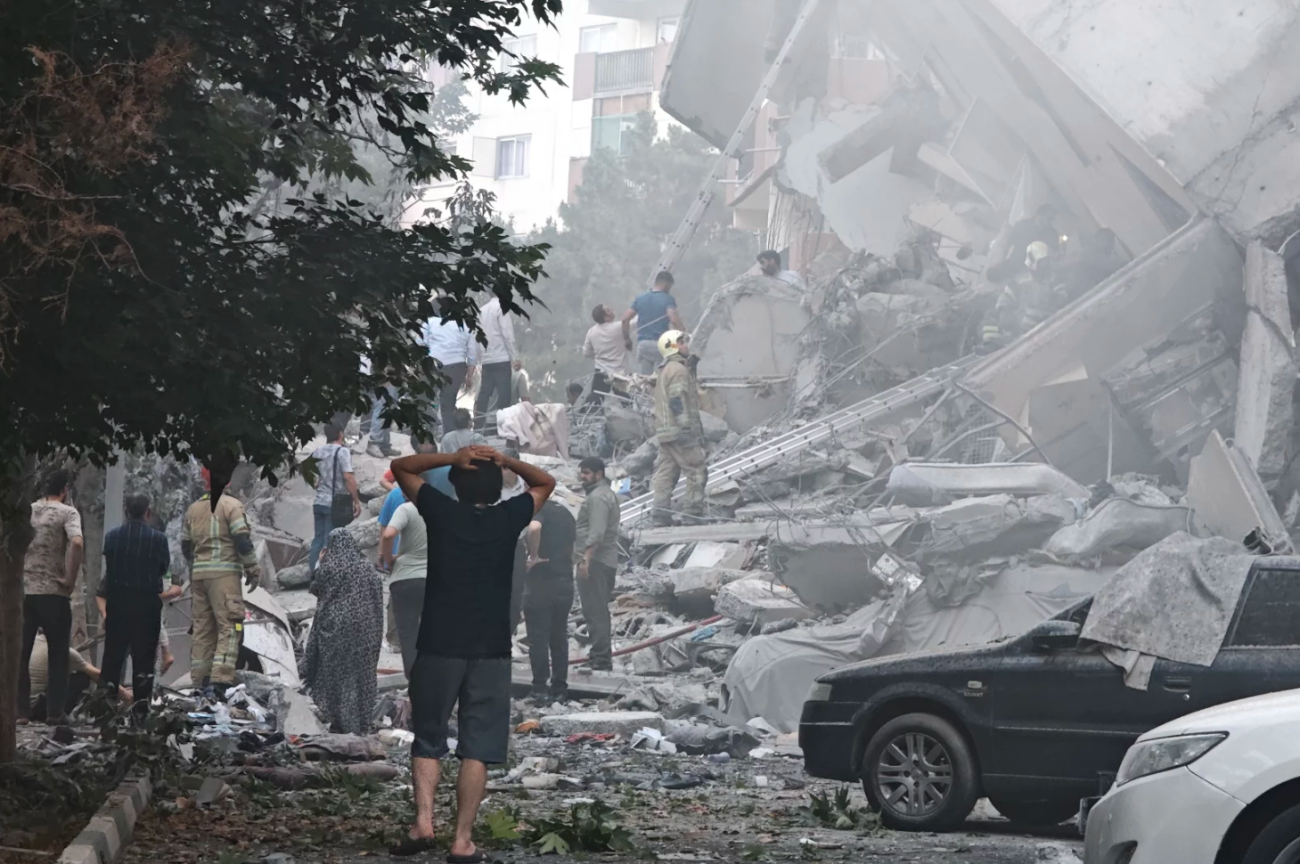CCA condemns escalation of war in Iran, urges ceasefire

Photo credit: Majid Saeedi/ Getty Images Europe
Chiang Mai, Thailand: The Christian Conference of Asia (CCA) has condemned the recent escalation of war in Iran, particularly in response to the recent US-led precision airstrikes targeting Iranian nuclear facilities.
These strikes, carried out in the wake of Israel’s earlier military attacks on Iran on June 13 and Iran’s subsequent retaliation, mark a serious intensification of the conflict and have resulted in widespread loss of life.
In an official statement released today, the CCA General Secretary Dr Mathews George Chunakara denounced the acts of aggression as a violation of international law and a deepening of an already volatile crisis in the region.
The statement expressed deep concern over the role of powerful external actors in fuelling the conflict in West Asia, emphasising that unchecked interventions threaten not only the sovereignty and territorial integrity of nations but also the lives and dignity of millions in the region.
Calling for immediate action, the CCA General Secretary urged all parties involved in the conflict to agree to a ceasefire and prioritise the safety and security of civilians.
“CCA calls on all parties to the ongoing war in West Asia to agree to an immediate ceasefire, initiate meaningful dialogue, and prioritise people’s security. CCA strongly urges all external actors to cease inflaming tensions in the region, and instead commit to a path of diplomacy, peace with justice, and reconciliation,” stated Dr Chunakara.
For the full text of the CCA Statement on the escalation of war in Iran, please click here.











